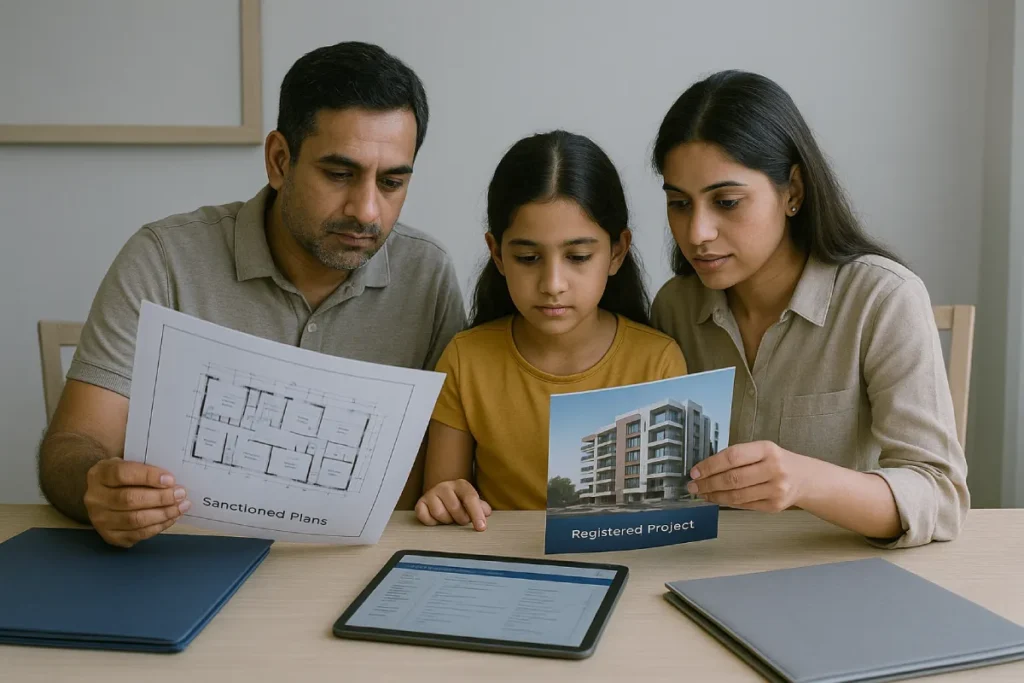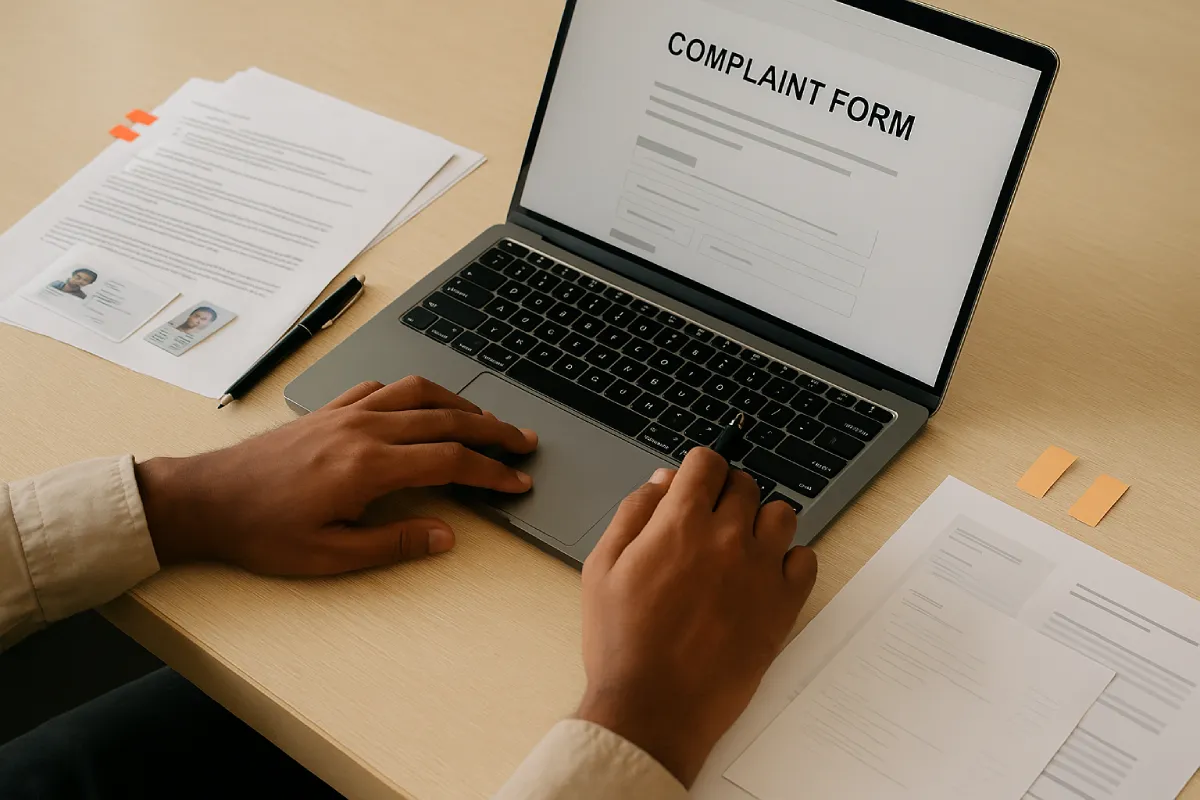RERA in Karnataka, Know Your Rights: A Home Buyer’s Guide to
RERA in Karnataka has transformed Buying a home is one of the most significant financial and emotional investments a person makes in their lifetime. For decades, the real estate sector in India was largely unregulated, leaving homebuyers vulnerable to project delays, fraudulent practices, and a lack of transparency. The introduction of the Real Estate (Regulation and Development) Act, 2016 (RERA), was a landmark moment, transforming the industry and empowering consumers. In Karnataka, the implementation of RERA has been a game-changer, providing a robust legal framework to protect the interests of property purchasers.
Understanding your rights as a homebuyer under the Karnataka RERA is not only beneficial but also essential. It equips you with the knowledge to make informed decisions, hold developers accountable, and seek redressal in case of any discrepancies. This comprehensive guide will walk you through the crucial rights granted to homebuyers in Karnataka, the corresponding obligations of developers, and the steps to take when your rights are infringed upon.
The Dawn of a Transparent Era: What is RERA in Karnataka?
The Real Estate (Regulation and Development) Act, 2016, is a central legislation enacted to bring transparency, accountability, and efficiency to the real estate sector. Every state was mandated to establish its own Real Estate Regulatory Authority. Consequently, the Karnataka Real Estate Regulatory Authority (K-RERA) was established to oversee and regulate the real estate landscape within the state.
The primary objective of RERA is to protect the interests of homebuyers by ensuring that all real estate projects are registered with the authority and that developers adhere to a strict code of conduct. This has significantly levelled the playing field, shifting the power dynamic from being developer-centric to a more balanced and consumer-friendly one.
Your Fundamental Rights as a Home Buyer in Karnataka

As a homebuyer in Karnataka, RERA bestows upon you a set of clearly defined rights that cover the entire property buying journey, from the initial inquiry to post-possession issues.
1. The Right to Access Information and Documents
Transparency is the cornerstone of RERA. Gone are the days when buyers had to rely on vague promises and glossy brochures. Under RERA, you have the absolute right to obtain detailed information about the project you are investing in.
This includes:
- Sanctioned Plans and Layouts: Access to all approved plans, including building sanctions, layout plans, and specifications, as approved by the competent authorities.
- Project Registration Details: Every project must be registered with K-RERA. You have the right to view the registration certificate and all related documents submitted by the developer on the K-RERA website.
- Timeline for Completion: The developer is legally bound to provide a specific date for the completion of the project and for handing over possession. This date, once committed, cannot be arbitrarily changed.
- Financial Status: Information regarding the developer’s financial health, including their audited financial statements.
- Land Title and Encumbrances: The right to verify the legal title of the land on which the project is being built and to be informed of any existing encumbrances or mortgages.
2. The Right to Know the Stage-wise Progress of the Project
A developer cannot keep you in the dark about the construction status. You have the right to be regularly updated on the progress of the project. Developers are obligated to post quarterly updates on the K-RERA website, which should include photographs and a summary of the work completed. This allows you to track the development and ensure it aligns with the promised schedule.
3. The Right to a Clearly Defined Sale Agreement
RERA mandates a standardised and model sale agreement. This agreement must be fair and cannot contain one-sided or discriminatory clauses that favour the developer. It must specify the details of the project, apartment specifications, total price, payment schedule, and the promised date of possession. Any deviation from this standardised format can be challenged.
4. The Right to Claim a Refund and Compensation for Delays
This is one of the most powerful rights under RERA. If the developer fails to complete the project and hand over possession by the date specified in the sale agreement, you have two primary options:
- Withdraw from the Project: You can choose to exit the project entirely. In this case, the developer is liable to refund the entire amount you have paid, along with interest at the prescribed rate.
- Continue with the Project: If you choose to remain in the project, the developer must pay you interest for every month of delay until the possession is handed over.
This provision ensures that developers are held financially accountable for not meeting their deadlines, a common issue in the pre-RERA era.
5. The Right to Possession of the Property
Once the project is complete and the occupancy certificate (OC) has been obtained, you have the right to take possession of your property. The developer is also obligated to hand over all necessary documents, including the title deed, sanctioned plans, and other relevant certificates, at the time of possession.
6. The Right to a Defect-Free Property
Your rights do not end once you get the keys to your new home. RERA provides a safety net against poor construction quality. This is known as the ‘defect liability period’.
- Five-Year Liability: If you notice any structural defects or any other defects in workmanship, quality, or provision of services within five years from the date of possession, you must bring it to the developer’s notice.
- Developer’s Obligation: The developer is obligated to rectify such defects free of cost within 30 days. If they fail to do so, you are entitled to receive compensation.
This long-term liability ensures that developers do not compromise on construction quality to cut costs.
7. The Right to Form an Association of Allottees
RERA empowers homebuyers to come together and form a collective body. The developer is required to facilitate the formation of an Association of Allottees (AOA) or a cooperative society within a specified period after a majority of the units have been sold. This association is crucial for managing the common areas and amenities of the project and for collectively addressing any future issues.
The Other Side of the Coin: Obligations of Developers
To protect the rights of homebuyers, RERA imposes a strict set of duties and obligations on real estate developers in Karnataka. Failure to comply can lead to severe penalties, including fines and even imprisonment.
Key obligations include:
- Project Registration: No developer can advertise, market, book, sell, or offer for sale any real estate project without first registering it with K-RERA.
- Separate Escrow Account: The developer must deposit 70% of the funds collected from homebuyers into a separate escrow account maintained with a scheduled bank. These funds can only be withdrawn for the costs of construction and land for that specific project, preventing the diversion of funds to other ventures.
- Adherence to Approved Plans: Developers cannot make any major alterations or additions to the sanctioned plans and specifications of the project without the prior written consent of at least two-thirds of the allottees.
- No Misleading Advertisements: All advertisements and promotional materials must be truthful and accurately represent the project. Any false or misleading statements can lead to penalties.
- Timely Completion and Possession: The developer is legally bound to complete the project and deliver possession on the date promised in the sale agreement.
- Execution of Conveyance Deed: The developer must execute a registered conveyance deed in favour of the allottee, along with the undivided proportionate title in the common areas.
When Things Go Wrong: How to File a Complaint with K-RERA

If a developer violates any of your rights or fails to fulfil their obligations, you have a clear and structured mechanism for redressal through the Karnataka RERA Authority.
1. Consult a Property Lawyer

Before initiating the process, it is highly advisable to seek legal counsel. An experienced property lawyer can assess the merits of your case, help you gather the necessary documentation, and draft a legally sound complaint.
2. Fill out the Complaint Form

The complaint must be filed in the prescribed format (Form ‘N’) on the K-RERA portal. You will need to provide details of the complainant, the respondent (the developer), project details, and a clear summary of the facts and the relief sought.
3. Pay the Requisite Fee

A nominal fee must be paid online while filing the complaint.
4. Submit Supporting Documents

Attach all relevant documents that support your claim, such as the sale agreement, payment receipts, correspondence with the developer, and photographs.
5. Adjudication Process

The K-RERA Authority or the Adjudicating Officer will hear the case. Both parties will be given an opportunity to present their arguments.
6. The Order

After hearing the case, the Authority will pass an order. If the developer is found to be at fault, the order may direct them to pay a refund, compensation, interest for delay, or rectify defects.
The RERA process is designed to be faster and more efficient than traditional civil courts, with a mandate to dispose of cases within 60 days.
Why You Need an Expert Property Lawyer
Navigating the complexities of real estate law and the RERA framework can be daunting. While the system is designed to be consumer-friendly, having a skilled property lawyer from a firm like Kapil Dixit LLP can make a significant difference.

An expert lawyer will:
- Provide Strategic Advice: Help you understand the strengths and weaknesses of your case and advise on the best legal strategy.
- Ensure Accurate Documentation: Assist in drafting a flawless complaint and compiling all necessary evidence to build a strong case.
- Represent You Effectively: Argue your case persuasively before the RERA Authority, ensuring your rights are robustly defended.
- Handle Negotiations: Engage with the developer for a potential out-of-court settlement if it is in your best interest.
- Ensure Compliance: Follow up to ensure that the developer complies with the orders passed by the RERA Authority.
Conclusion: Your Investment, Your Rights
The Real Estate (Regulation and Development) Act has fundamentally empowered homebuyers in Karnataka. By understanding your rights, you can invest in property with confidence, knowing that a powerful legal framework is in place to protect you. From demanding transparency to ensuring timely delivery and quality construction, RERA holds developers accountable at every stage.
If you are facing issues with a developer, remember that you are not alone and the law is on your side. Do not hesitate to assert your rights and seek the justice you deserve.
Are you a homebuyer in Karnataka facing project delays, quality issues, or other disputes with your builder? Protect your investment and enforce your rights. Contact Kapil Dixit LLP today for an expert legal consultation. Our team of seasoned property lawyers is here to provide you with the guidance and representation you need.
Schedule your consultation now, available both online and in-person, and let us help you navigate your property law matters with confidence.


